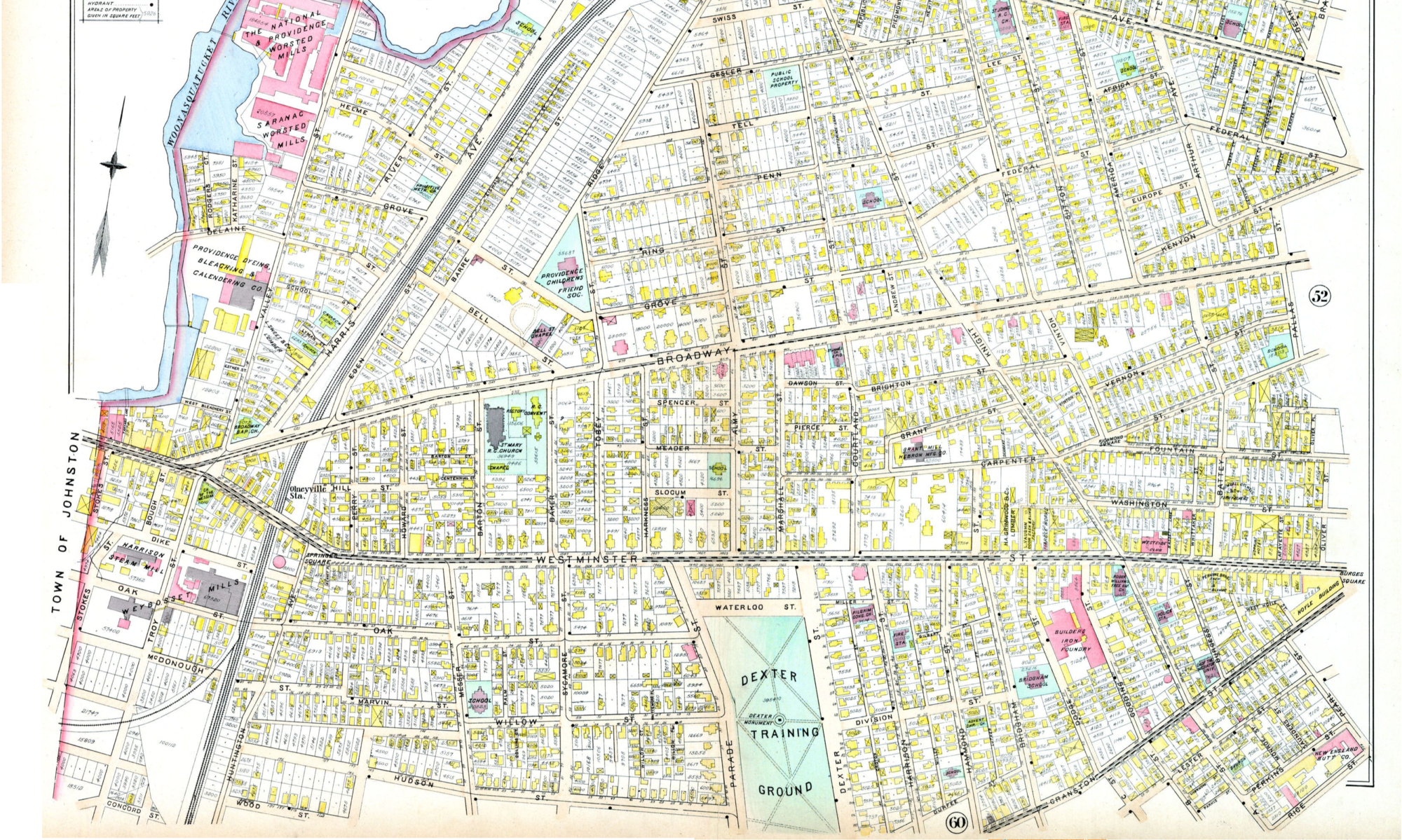There’s a guest post on Zen Habits today by Anastasiya Goers of Balance in Me, and while it has some good things to say, it misrepresents the benefits of having a balanced life, as well as how easy it is to get there.
Behavior change is very hard, one of the hardest things there is. Have you or anyone you know ever tried to quit smoking? Changing your habits is usually as hard as that, even when it doesn’t involve drugs manufactured for the purpose of addiction. So when Goers says, “Living in balance is easy and very rewarding because your life becomes the one of joy, happiness and serenity,” she’s not being honest.
Furthermore, the tone of this article implies that everything will be rosy and happy once you achieve this balanced life. Goers gives caveats, but her tone is set by the following description of the benefits of balance:
– you enjoy every moment and every second,
– you can cope with any difficulties,
– you can be happy without any reason to be happy,
– you can be yourself and love the person you are.
With this tone, she downplays the crucial insight of balanced living: that there are bad times just as there are good times. It’s about learning to appreciate every moment of your life regardless of whether it makes you feel crummy. You will feel crummy. Implying otherwise as Goers does is just dishonest.
That said, she touches on many good points, and encourages her readers to pursue unambiguously worthy goals: mindfulness, patience, simplicity, taking care of your body, and creativity. We could all do to live more balanced, centered lives, but we shouldn’t have any misconceptions about it. Life is rough and dirty, and these tools merely enable us to cope with it better.


She seems to describe living a “Very Happy” life. I do not think a “Very Happy” life is balanced, its on one side of the spectrum. And most of the time it can’t last for very long.
I disagree, Jamie; I think a very happy life can last long, but of course it must contain its ups and downs. The point of my post is that there are ups and downs, but that is part of a balanced, very happy life. In fact, the best way to be very happy is to get good at taking those ups and downs in stride.
I think you may be conflating two meanings of “happiness”: happiness as a momentary feeling, which of course cannot persist, and happiness as a general average of emotions in a life, which is not the same and is possible.
I see your point. I guess I see see it as a scale,
Depressed —- Satisfied —- Very happy
If I spend most of my time at satisfied with more moments of happiness then not-happiness, then I feel like my life is good, and I can concentrate on those self-fulfilling pursuits that increase or sustain my happiness. In general I am very happy with my life, but that doesn’t mean that I feel most of my time is still spent around neutral. But just “being” and being able to be in the present, perhaps is a definition of happy by some.
It’s tautological, but one way to enjoy life is to apply the proverb, “Happiness is in the journey, not the destination.” You’re not living if you’re not experiencing both good times and bad times. When I feel the rollercoaster ride of life, I think something like, “wow, what an adventure.”
One of the problems with talking about happiness is that the term is ambiguous. We refer to specific moments of elation as being “very happy”, but we also call a life that is filled with contentment a happy one. These are two different things, and you’re right that distinguishing between them is essential before any exploration of the concept is done.